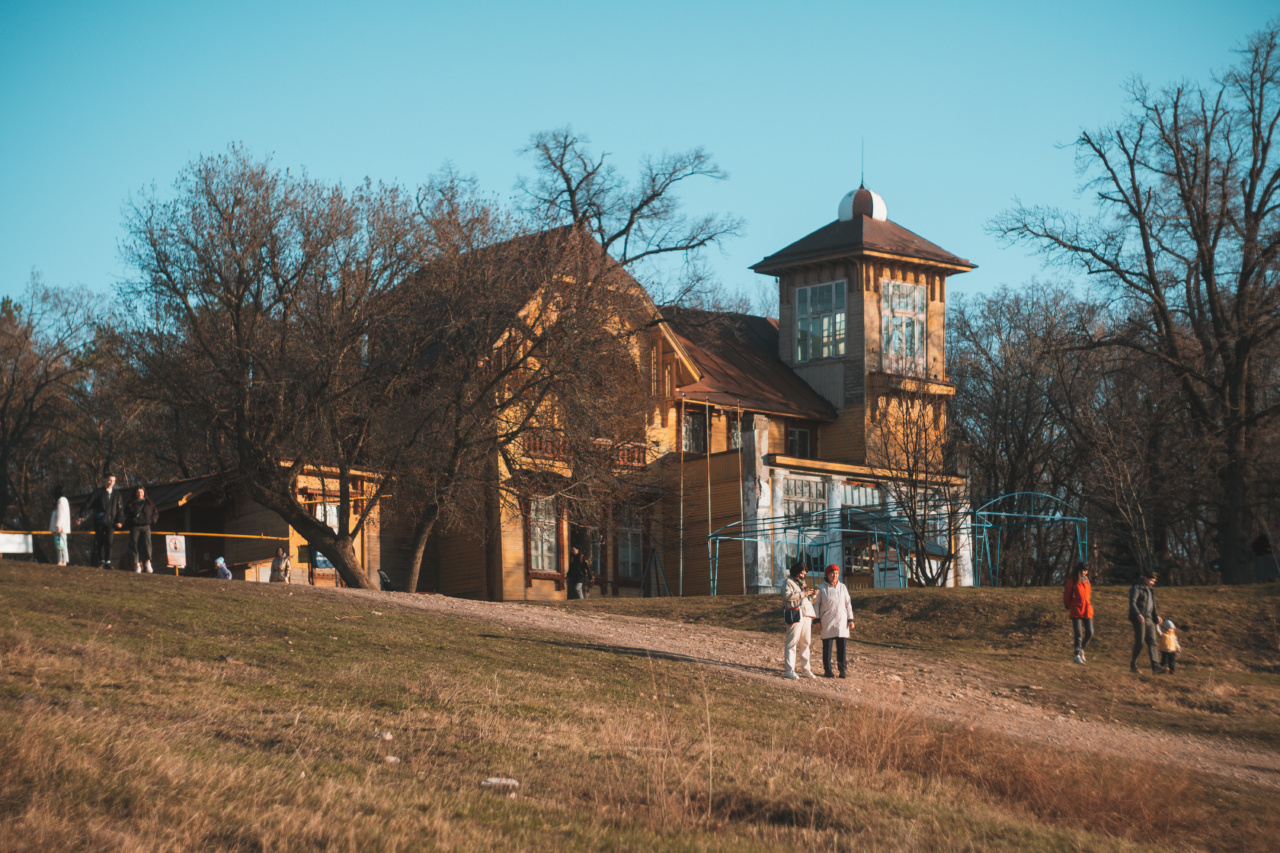As people age, they become more vulnerable to cognitive decline and dementia. In an attempt to preserve mental function, many seniors engage in activities such as reading and playing games.
However, recent research suggests that something as simple as daily walking can significantly reduce the risk of developing dementia in old age.
Research on the Link between Walking and Dementia
A number of studies have looked at how physical exercise can affect cognitive function in older adults.
One such study, conducted by the University of California, found that walking briskly for at least 30 minutes a day was enough to significantly reduce the risk of Alzheimer’s disease and other forms of dementia. According to the study’s lead author, Dr. Kirk Erickson, “Physical activity may be an effective way to decrease the risk of dementia in older adults.”.
Another study, published in the Journal of Alzheimer’s Disease, found that walking daily for just six months could lead to improvements in both brain structure and function.
Researchers believe that walking enhances blood flow to the brain, which in turn promotes the growth of new neural connections and improves cognitive function.
How Walking Helps Reduce the Risk of Dementia
While the exact mechanism by which walking reduces the risk of dementia is not fully understood, there are several theories:.
Improved Blood Flow to the Brain
Walking increases blood flow to the brain, which delivers oxygen and nutrients to brain cells. This enhanced blood flow may help to protect the brain from damage and ensure that it functions optimally.
Reduced Inflammation in the Brain
Chronic inflammation in the brain has been linked to cognitive decline and dementia. Walking can help to reduce inflammation by activating anti-inflammatory mechanisms in the body. This may help to slow or prevent the progression of cognitive decline.
Reduced Stress Levels
Walking is a form of exercise that releases endorphins, which are natural mood-boosters. This can help to reduce stress levels and promote feelings of well-being.
Research has shown that high levels of stress can contribute to cognitive decline, so reducing stress may be key to preventing dementia.
Enhanced Neural Connections
Physical exercise, including walking, has been shown to promote the growth of new neural connections in the brain. This may help to support cognitive function and reduce the risk of dementia.
Other Benefits of Walking for Seniors
Aside from reducing the risk of dementia, walking regularly can provide a number of other benefits for seniors:.
Improved Cardiovascular Health
Walking is a low-impact form of exercise that can help to improve cardiovascular health. Regular walking can help to lower blood pressure, reduce the risk of heart disease and stroke, and improve circulation throughout the body.
Reduced Risk of Falls
Seniors who walk regularly may have better balance and coordination than those who are sedentary. This can help to reduce the risk of falls, which are a common cause of injury and hospitalization among older adults.
Improved Mood and Mental Health
Physical exercise, including walking, can help to boost mood and reduce symptoms of depression and anxiety. This can be especially beneficial for seniors who may be dealing with isolation and loneliness.
Tips for Seniors Who Want to Start Walking
If you’re a senior who wants to start walking regularly to reduce the risk of dementia, it’s important to ease into it slowly and gradually. Here are some tips to help you get started:.
Consult with Your Doctor First
Before starting any new exercise routine, it’s important to consult with your doctor to ensure that it’s safe for you to do so.
Your doctor may have specific recommendations or limitations based on your health history and any medications you’re taking.
Start Slowly and Gradually Increase Your Pace
Don’t try to walk too quickly or for too long right away. Start with short walks around your neighborhood or in a local park, and gradually increase your distance and pace over time.
Wear Comfortable Shoes and Clothing
Make sure you have comfortable, supportive shoes and weather-appropriate clothing for your walks. This will help to reduce the risk of injury and make your walks more enjoyable.
Find a Walking Partner
Walking with a friend or family member can make the experience more enjoyable and help to keep you accountable. Consider joining a local walking group or inviting someone you know to join you on your walks.
Track Your Progress
Use a pedometer or fitness tracker to track your progress and set goals for yourself. This can help to keep you motivated and ensure that you’re gradually increasing your activity level over time.
Conclusion
Walking regularly is a simple and effective way for seniors to reduce the risk of dementia and improve overall health and well-being.
Whether you’re just starting out or looking to increase your daily activity level, walking can provide a host of benefits that can help you maintain cognitive function and enjoy a higher quality of life.



























